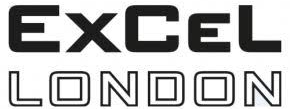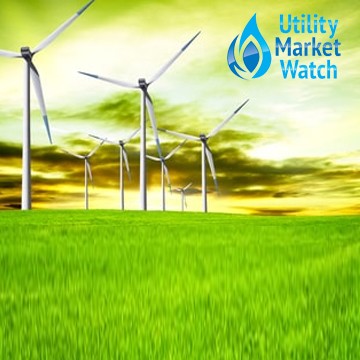Do you understand your energy procurement options?
For time-poor small businesses, addressing seemingly complex energy contracts can be daunting, however, not doing so often means paying significantly more than you should be for the energy you use.
Breaking Down Bills
A common misconception is that rising wholesale energy prices are responsible for energy bills steadily increasing in the UK over the last decade. However, wholesale prices now make up less than 40% of your total bill.
Roughly a third of your bill is made up of Government levies to support a range of green energy incentives. This covers both payments to renewable energy producers, such as the Feed In Tariff and Contracts for Difference as well as energy efficiency drivers such as the Climate Change Levy. By far the fastest growing portion of your bill, levy costs have increased by around 165% since 2014.
A further third comes from transmission and distribution costs, covering the costs associated with transmitting electricity from power stations via the grid as well as day-to-day balancing and operation.
Finding the Best Deal
The price you pay for your energy depends on a number of factors, including the type of procurement contract you opt for, the length of that contract and your overall consumption. All of these will vary by supplier, meaning finding the best price can be a fiddly and laborious process.
While for most SMEs outright cost will be the primary driver, in some cases different factors may come into consideration, depending on the nature of your business and your wider targets.
Many suppliers offer green procurement deals, guaranteeing that the electricity you consume comes from renewable sources.
While there is generally a slight premium attached to this, reducing your carbon footprint and demonstrating a wider commitment to sustainability may be what you feel is the best step for your business and perhaps to demonstrate to customers and supply chain partners. For others, contracts that give you greater foresight over future energy costs can be the best option, even if again they come at a marginally increased cost.
Business Energy
Unlike many domestic energy contracts, ‘dual fuel’ contracts that cover both electricity and gas are not available for business customers, meaning that you will need to shop around for the best electricity and gas tariffs separately. While it may still be simpler to source both from the same supplier, this is only really beneficial if they offer a compelling deal to do so.
No two SMEs are the same in the way they use energy. Different sectors, staff numbers, working hours and many other factors all impact on energy costs, making the process of finding the tariff that provides the best fit a complex task.
It is also important to keep one eye on the future, balancing the need for price surety over the length of a contract, with a deal that is flexible enough to accommodate changing circumstances as your business grows.
To find out how Utility Market Watch can help to manage the process of selecting the best energy supplier that matches the needs of your business, contact us on 033330601010. You can also see us at stand number F272 hall number S11 where we are offering free energy appraisals to anyone bringing a utility bill!
Get in touch: Utility Market Watch






